
iStockphoto/Aleutie
I am pleased to announce the Scientific Workforce Diversity Seminar Series (SWDSS), a new series of online talks devoted to the latest research on workforce diversity topics.
We launched this initiative to advance understanding of scientific workforce diversity issues and share the latest research on these topics. This knowledge is critical to advancing equity in the biomedical research enterprise: It’s the foundation for creating diverse, inclusive workplace cultures that reject stereotypes and biases and emphasize recruitment and retention of individuals from all backgrounds.
Featured Event: Is Implicit Bias Training Effective?
Join us on Monday, September 27, from 1:30–3:00 p.m. ET for our first seminar, “Is Implicit Bias Training Effective?” All are welcome to attend; please register in advance, and you’ll receive a webinar link to join the talk.
Implicit bias refers to the stereotypes and attitudes about people that unconsciously affect our actions and decisions. Research shows that implicit bias can create barriers to recruiting and retaining women and individuals from groups underrepresented in science. To combat implicit bias, many organizations offer some form of implicit bias training intended to help people recognize and address their biases. But how well do these training programs reduce biases and improve outcomes?
Our inaugural seminar will convene a distinguished group of scholars with expertise in implicit bias and diversity training program effectiveness to address this question. Their discussion will cover the state of the science on implicit bias training effectiveness and the factors associated with successful training; speakers will also review various models for combatting implicit bias and discuss the success of these.
Attendees will come away from the talk with a better understanding of the role of implicit bias training in enhancing scientific workforce diversity, the conditions under which it is most and least effective, and the science behind it.
Moderator and Host:
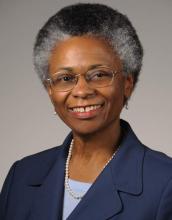
Marie A. Bernard, M.D.
Marie A. Bernard, M.D., is NIH Chief Officer for Scientific Workforce Diversity.
Speakers:
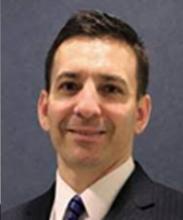
Albert Avila, Ph.D.
Albert Avila, Ph.D., is the Director of the National Institute on Drug Abuse (NIDA), Office of Diversity and Health Disparities (ODHD) and Deputy Director of the NIDA Office of Research Training (ORT).
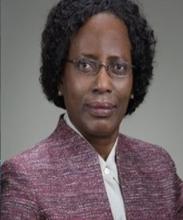
Charlotte Pratt, Ph.D.
Charlotte Pratt, Ph.D., is Deputy Branch Chief, Division of Cardiovascular Sciences and Program Officer in Clinical Applications and Prevention at the National Heart, Lung, and Blood Institute (NHLBI).
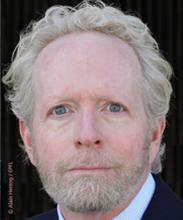
Frank Dobbin, Ph.D.
Frank Dobbin, Ph.D., is Henry Ford II Professor of the Social Sciences and Chair of the Department of Sociology at Harvard University.

Markus Brauer, Ph.D.
Markus Brauer, Ph.D., is a Professor in the Department of Psychology and the Wisconsin School of Business at the University of Wisconsin-Madison.
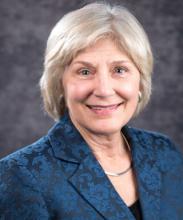
Molly Carnes, M.D.
Molly Carnes, M.D., is the Virginia Valian Professor of Medicine, Psychiatry and Industrial & Systems Engineering at the University of Wisconsin-Madison where she directs the Center for Women’s Health Research in the School of Medicine and Public Health and co-directs the Women in Science and Engineering Leadership Institute (WISELI) in the College of Engineering.
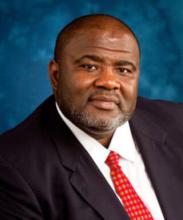
Robert Sellers, Ph.D.
Robert Sellers, Ph.D., is Vice Provost for Equity and Inclusion, Chief Diversity Officer, and the Charles D. Moody Collegiate Professor of Psychology and Education at the University of Michigan.
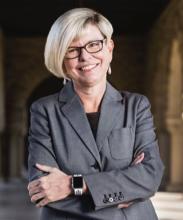
Shelley Correll, Ph.D.
Shelley Correll, Ph.D., is the Michelle Mercer and Bruce Golden Family Professor of Women’s Leadership at Stanford University and the co-founder and director of the Stanford VMware Women’s Leadership Innovation Lab.
What’s Next?
Future events in the seminar series will host other renowned researchers who contribute to the growing body of knowledge on current issues related to scientific workforce diversity. We’ll record each seminar and share the video on the SWDSS webpage, so those unable to join the live talks can view them later.
In keeping with our mission to ensure an accessible, inclusive, equitable workforce, we are committed to providing everyone with a welcoming, equivalent seminar series experience. We will provide closed captioning and ASL interpreters for each event. We will also provide a point of contact so attendees can request any additional support needed.
Dr. Bernard’s Parting Thoughts
The entire biomedical ecosystem must have a fundamental understanding of the science behind workforce diversity and how we all benefit from more inclusive, equitable systems. I’m excited about the learning opportunities our new seminar series will provide the NIH and the broader scientific community. I encourage all readers to join me on Monday, September 27, and at future seminars in this series.

